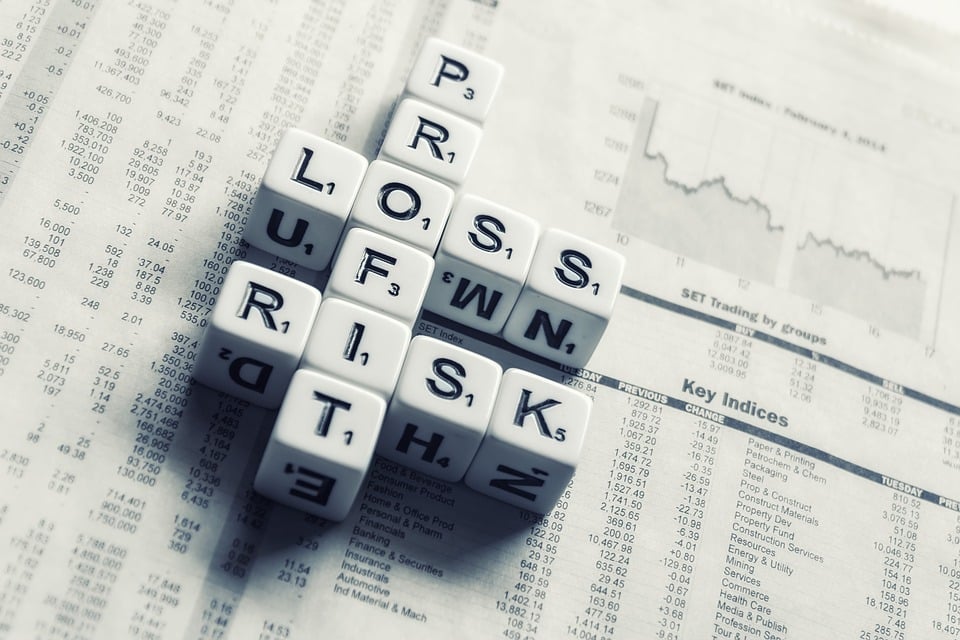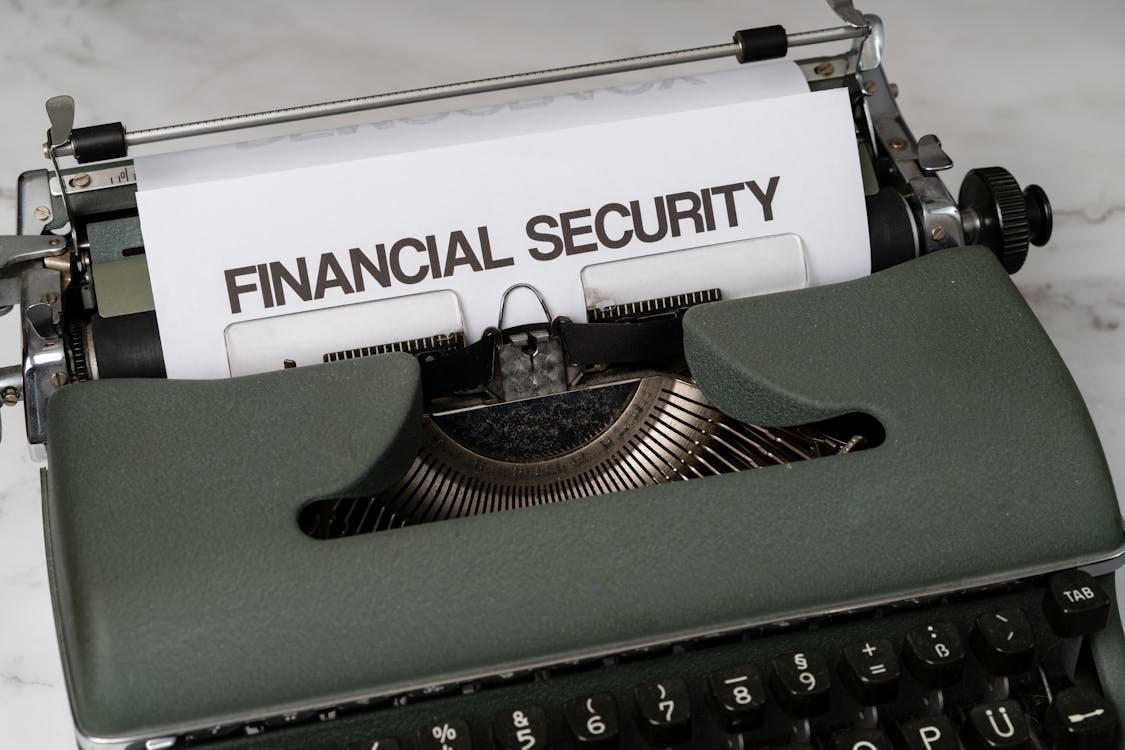What is an Asset? What is a Liability?
What Is an Asset?
An asset is a resource having economic worth that a person, business, or nation owns or manages with the idea that it will produce future benefits.
The balance sheet of a firm lists its assets. They are divided into current, fixed, financial, and intangible categories. They are acquired or established to raise a company's value or boost its operations.
Regardless of whether it is manufacturing equipment or a patent, an asset is something that, in the future, can generate cash flow, cut expenses, or increase sales.

In its most basic form, a balance sheet consists of two sections: assets and liabilities. Assets are the items your organization holds that can give economic benefit in the future. Liabilities are obligations to third parties. Assets put money in your pocket, while liabilities take it out.
Your company's assets grow its worth and equity, whereas its liabilities lower its value and equity. The more your assets exceed your liabilities, the greater your company's financial health. But if your liabilities exceed your assets, you may be on the verge of going out of business.
What Qualifies as an Asset?
Typically, an asset is something that gives a current, future or potential economic advantage to a person or organization. Therefore, an asset is anything that you own or something that you are due.

What Are The Types Of Assets?
Personal assets include residence, land, financial securities, jewelry, artwork, gold and silver, and a bank account. Assets of a business may include automobiles, buildings, machinery, equipment, cash, and accounts receivable.
What Are Intangible Assets?
Non-tangible or intangible assets give economic value, although they cannot be touched. Intellectual property (e.g., patents or trademarks), contractual obligations, royalties, and goodwill comprise a significant class of assets. Brand equity and reputation are other examples of important non-tangible or immaterial assets.
What Is a Liability?
A liability is anything a person or business owes, typically a monetary figure. Liabilities are paid through the transfer of economic advantages, such as money, products, or services, over time.

Additional Definitions for Liability
Liabilities generally refer to the condition of being accountable for something, and they can relate to any money or service owing to a third party.
Tax responsibility, for instance, can refer to the property taxes a homeowner owes to the municipal government or the federal income tax he owes. When a retailer collects sales tax from a customer, they incur a sales tax burden until those payments are remitted to the county/city/state.
In a civil action, liability can also relate to one's prospective damages.
Examples Of Assets
· Cash
· Investments
· Inventory
· Office equipment
· Machinery
· Real estate
· Company-owned vehicles
Examples Of Liabilities
· Bank debt
· Mortgage debt
· Money owed to suppliers (accounts payable)
· Wages owed
· Taxes owed




